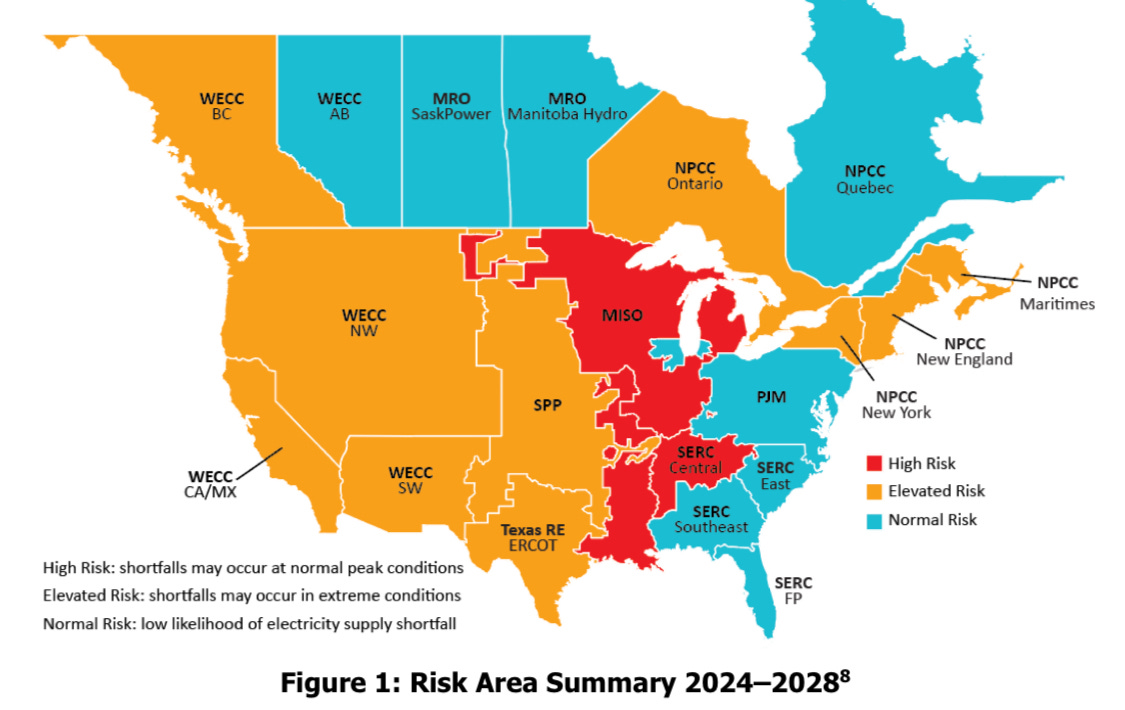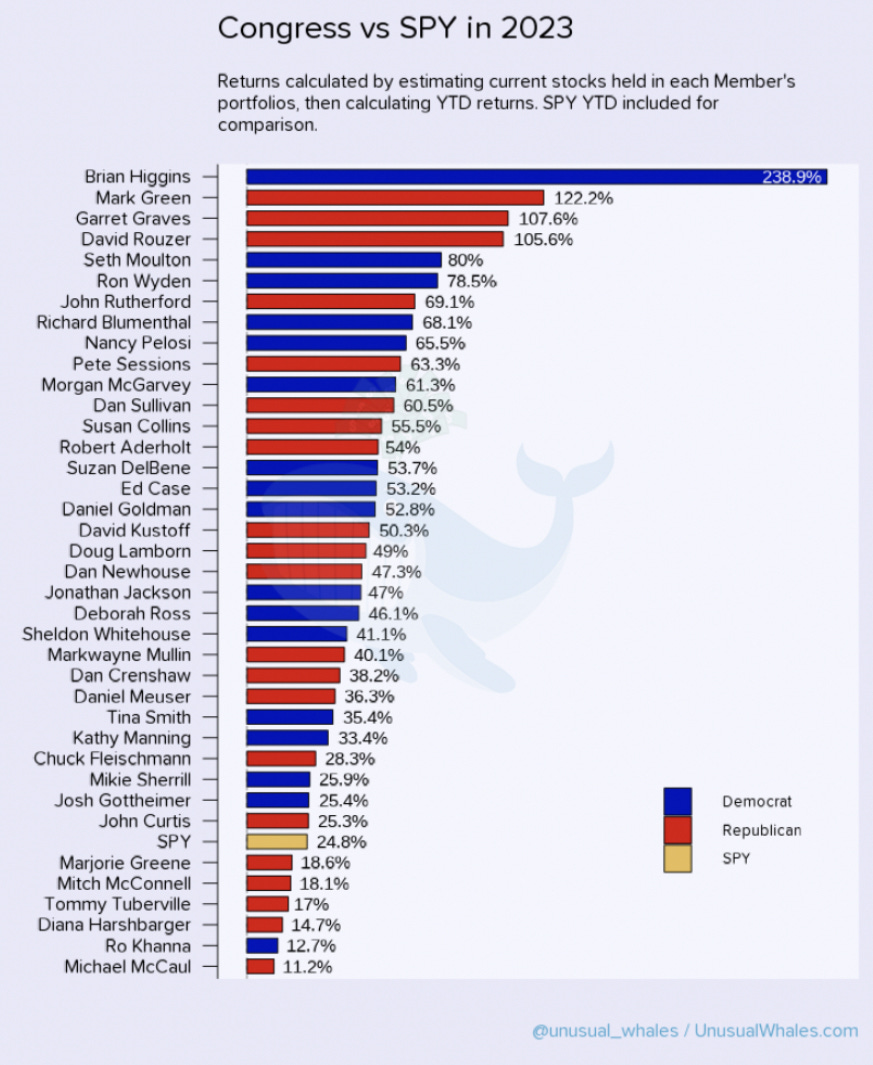1 National debt grows by $1 trillion in 3 months
2 Blast in Iran kills at least 86
3 Researchers make antibiotic breakthrough
4 Government report warns of power grid risks in next decade
5 China seeks European approval of C919, its home-grown jet
Congressional insider trading
1996 GM announces its electric car
1 National debt grows by $1 trillion in 3 months
The U.S. national debt has eclipsed $34 trillion for the first time, the Treasury Department said Tuesday, as persistently large annual deficits continue to add to the federal tab. Roughly three months after the debt first hit $33 trillion, the new milestone comes as lawmakers brace for fiscal showdowns over spending levels in the new year. Government borrowing costs have increased due to the Federal Reserve’s campaign to raise interest rates, spending has remained above pre-covid levels, and tax receipts dropped last year — all worsening the nation’s fiscal outlook. The $34 trillion in total debt recorded at the end of last week represents a more than $2 trillion increase from the roughly $31.4 trillion in debt held at the start of last year. However, economists are sharply divided over the danger posed by the federal debt. (News Items Substack, Washington Post)
2 Blast in Iran kills at least 86
At least 86 people were killed and over 280 were wounded by two explosions in Iran during a ceremony to commemorate the death of Qassem Suleimani, an Iranian general who was the architect of the axis of regional militias backed by Iran’s hard-line government. He was killed in an American drone strike in 2020 by the Trump Administration. The cause of the blasts, which took place in the southern city of Kerman, is currently unknown, but the city’s deputy governor described them as a terrorist attack. “There’s no clear answer … whether this was a suicide bombing or the bombs were planted,” an official said on Thursday. “Of course, the main suspects here in Iran for the Iranian officials are the United States and Israel.” (Al Jazeera, Economist, NYT)
3 Researchers make antibiotic breakthrough
Scientists reported that a new antibiotic showed rare promise against highly resistant Acinetobacter baumannii bacteria, or CRAB. The drug, developed by researchers at Harvard University and Roche, a pharma company, killed CRAB in mice and is currently being tested in humans. The World Health Organisation considers CRAB priority one pathogens, meaning they are multi-drug resistant and pose a particular threat in hospitals. (Economist)
4 Government report warns of power grid risks in next decade
This assessment provides clear evidence of growing resource adequacy concerns over the next 10 years. Capacity deficits are projected in areas where future generator retirements are expected before enough replacement resources are in service to meet rising demand forecasts. Energy risks are projected in areas where the future resource mix could fail to deliver the necessary supply of electricity under energy-constrained conditions. For example, subfreezing temperatures can create energy-limiting conditions by disrupting the natural gas fuel supplies to generators, leading to fuel-related derates or outages and potentially insufficient electricity supply. Periods of low wind are another example of potentially energy-constrained conditions if the resource mix is not sufficiently balanced with dispatchable resources to prevent electricity shortfalls. (NERC)
Full report https://www.nerc.com/pa/RAPA/ra/Reliability%20Assessments%20DL/NERC_LTRA_2023.pdf
5 China seeks European approval of C919, its home-grown jet
China said it would promote the certification of its domestically built narrowbody passenger jet in Europe this year, as part of efforts to receive more international recognition for the C919 and compete with Boeing and Airbus. The Civil Aviation Administration of China (CAAC) told an annual industry working conference in Beijing on Thursday that it would increase its efforts to work with the European Union Aviation Safety Agency (EASA) to allow its “domestic civil aircraft to go abroad”, according to CAAC News, a publication owned by the Chinese aviation regulator. (South China Morning Post)
New report on Congressional insider trading raises bipartisan questions
Report
https://unusualwhales.com/politics/article/congress-trading-report-2023
This day in history
1996 GM announces its electric car
Thanks for reading!
Sports
Caitlin Clark hits buzzer beater to defeat Michigan State, 76-73
In depth
Gallup summarizes 4 primary trends in US public opinion
(1) The continuing decline in Americans’ confidence in institutions. (2) The increasing tendency for people to say that certain behaviors relating to sexual reproduction and marriage are morally acceptable. (3) The decline in Americans’ identification with a religion and a concomitant decrease in religious behavior. (4) The well-documented increase in political polarization -- the power of one’s political identity to shape one’s outlook not only on politics, but on society, the economy and culture. (Gallup)
2023 saw the greatest global resurgence of conflict since WW2
The year 2023 saw the greatest global resurgence of armed conflict since 1945: 2024 will be worse. We are living, if not through a World War, then a world at war, the great post- globalisation jostling to divide up the spoils of what was once America’s unipolar imperium. This will be as epoch-defining a period as the late Forties were for Britain, or 1991 for Russia. Unlike the two World Wars, the rival great powers are not challenging the superpower directly — at least, not yet. Instead, American hegemony is being challenged obliquely, as its rivals nibble at the edges of empire, targeting weaker client states in the confidence that the United States now possesses neither the logistical capacity nor the domestic political stability necessary to impose its order on the world. In the Nineties and 2000s, at the height of its unipolar moment, the United States made almost all the world its client state, writing cheques for their security it now struggles to cash: like bankruptcy, decline comes slowly at first, then all at once. (unherd.com, foreignaffairs.com, theatlantic.com, News Items Substack)
Ruling party candidate leads Taiwan field with 10d to go
Taiwan’s final election polls put the ruling party on track to win a record third straight term in power, a setback to President Xi Jinping’s efforts to bring the island closer to Beijing. The Democratic Progressive Party’s Vice President Lai Ching-te was the frontrunner in three surveys in recent days, with his lead over main opposition rival, Hou Yu-ih of the Kuomintang, ranging from 3 to 11 percentage points. The Taiwan People’s Party’s Ko Wen-je trails in third place, according to the publicly released polls. Tuesday is the last day surveys are allowed to be published before a 10-day blackout period ahead of the Jan. 13 election, which has been the island’s most hotly contested in decades. In the TVBS and Taiwan Public Opinion Foundation polls, Lai’s lead was slightly larger than the margins of error. (Bloomberg)
China forming state-sponsored fusion company
China is setting up a new state-owned company to pool resources from across the country to bring a nuclear fusion reactor – known as an artificial sun – to life, according to China National Nuclear Corporation (CNNC). (South China Morning Post)
Chinese tech giants collaborate with public sector on quantum computing research
Chinese search engine giant Baidu is donating its quantum computing research facility to the Beijing Academy of Quantum Information Sciences (BAQIS), in a move similar to one made last year by e-commerce giant Alibaba Group Holding, as both firms lock horns in the country’s artificial intelligence (AI) race. (South China Morning Post)
US Seeks Drone Bases in West Africa, New Center of Global Jihadism
The U.S. is seeking to base military drones along the West African coast in an urgent effort to stop the spread of al Qaeda and Islamic State in the region, according to American and African officials.
The U.S. is holding preliminary talks to allow American unarmed reconnaissance drones to use airfields in Ghana, Ivory Coast and Benin, countries on the Atlantic Ocean. Relatively stable and prosperous, the three coastal countries, along with Togo, now find themselves threatened by Islamist militants surging south from Mali, Burkina Faso and Niger—three beleaguered nations in the Sahel, the semidesert band south of the Sahara.
The negotiations reflect a military retrenchment on the part of the U.S. For years, American commandos and drones backstopped French and local efforts to secure the Sahelian countries that are now at the center of the world’s most active Islamist insurgency. Since 2017, an estimated 41,000 people have been killed in jihadist violence in Mali, Burkina Faso and Niger. The disorder has created an opening for Russia to deepen political and military ties in the region. (WSJ)
US and BAE to Bring Back Popular Howitzer After Success in Ukraine
The U.S. Army is resurrecting production for the M777 howitzer after its heavy use by Ukraine brought new demand for a big gun whose most recent order was five years ago.
The M777’s production comeback highlights how the war in Ukraine is helping to reshape the global armaments industry, with battlefield use of artillery and missile-defense systems, in particular, leading to a surge in demand.
For now, the effort is focused on producing new parts to refurbish old guns in Ukraine. But it shows how the nearly two-year Ukraine war is taking a toll on Kyiv’s Western-donated equipment, some of which is no longer produced. That leads to future problems in acquiring spare parts needed to keep guns operational. (WSJ)








